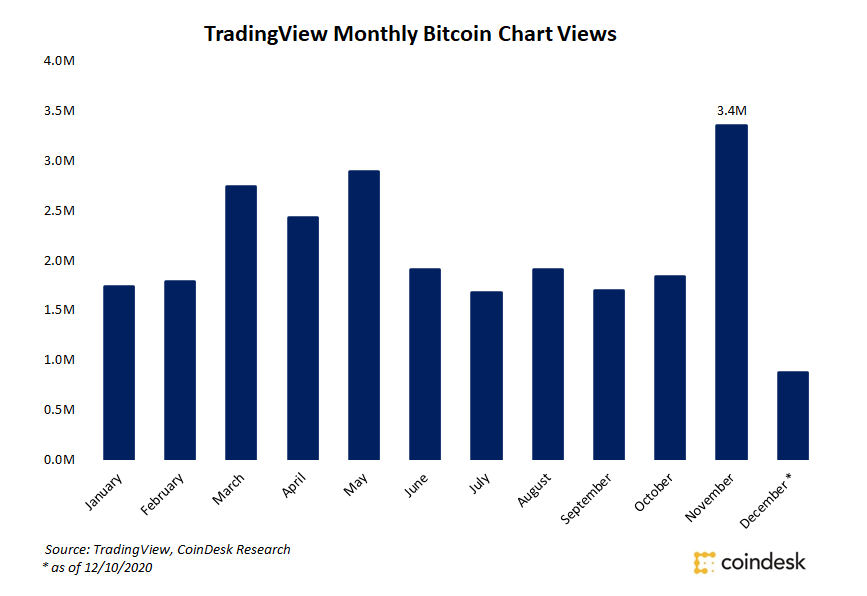Digital Euro Will ‘Protect’ Eurozone from Foreign Issuers, Says ECB Exec
An executive at the European Central Bank (ECB) has said a future digital euro initiative could save the eurozone from relying on digital currencies issued by foreign entities.
- In a post on Friday, ECB executive member Fabio Panetta, formerly head of the Italian central bank, said the envisioned aim of a central bank digital currency (CBDC) would be to “preserve the public good that the euro provides to citizens.”
- But a digital euro would also ensure foreign-based issuers, whether that’s other central banks or private companies, don’t become too integral to the eurozone’s stability – something that could even threaten the ECB’s monetary sovereignty.
- The post comes as the central bank releases its report into the proposed digital euro.
- Running to 54-pages, the paper argues that CBDCs stand to provide citizens with a “risk-free” form of money, unlike cryptocurrencies and private stablecoins, which could require users to surrender their financial privacy to for-profit entities.
- It would also offer citizens easier access to a payment method, thereby improving financial inclusion.
- The report also touches on the theme of protecting the eurozone’s monetary sovereignty: A digital euro could ensure “strategic autonomy” for the bloc, as well as bolster the euro’s international standing as a reserve currency.
- The worry that, just like with the tech giants, the EU could end up relying on foreign providers for payments, has been palpable across the continent over the past year.
- ECB President Christine Lagarde said in Germany last month that the EU had fallen behind countries like China in CBDC development
- More directly, France’s economic and finance minister, Bruno Le Maire, said last year that Facebook’s libra coin actually threatened to undermine the European project.









